Paul Brand, the author of a new book about music in football, looks at the vital synergy between Liverpool’s music scene and its terrace attitudes.
England caretaker manager Lee Carsley caused an almighty hoo-ha when he undiplomatically revealed that he wouldn’t sing, and never has sung, the national anthem. Of course, he’s not alone.
Carsley’s personal choice is practical rather than ideological: he wants to be focused on the task at hand and not having to remember to sing ‘God save the King’ rather than the mentally engrained ‘Queen’. The Birmingham-born coach’s international allegiances are also muddied by having represented the Republic of Ireland as a player.
For many Liverpudlians, the decision to remain mute (at best) is politically motivated.
The national anthem is indicative of an establishment that has repeatedly let the local area and its people down since it was the busiest and wealthiest port in the world, widely regarded as the second city of the empire.
“A cry for justice“
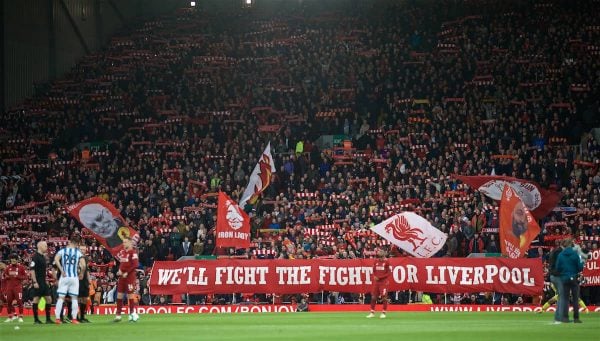
Inverting Carsley’s ancestral reconnection with the Emerald Isle, the Potato Famine of the mid-19th century brought about Liverpool’s strong Irish flavour as a throng of Catholic emigrants began new lives on the banks of the Mersey.
Some sociologists claim that the ‘othering’ of Liverpool began then and continued throughout the 20th century, culminating in the Conservative government’s ‘managed decline’ of the 1980s and a widespread feeling of dejection that was aggravated by the Hillsborough cover-up.
In such an oppressive climate, Liverpudlians were left with little choice but to ‘fight the power’.
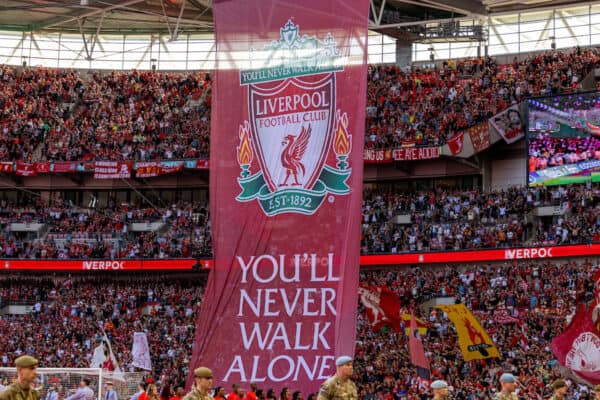
According to football writer Tony Evans, who was present on that fateful day in April 1989, the problem with the national anthem is therefore self-explanatory: “Contempt oozes out of every word, every note. And we don’t want to hear any complaints about Scousers not showing respect.
“The booing is a cry for justice, for equality, a howl against hunger and poverty. It is depressing that so many in Britain cannot hear that.”
There is something ironic about the Sound City drowning out John Bull’s monarchic melody.
Football and music unite people
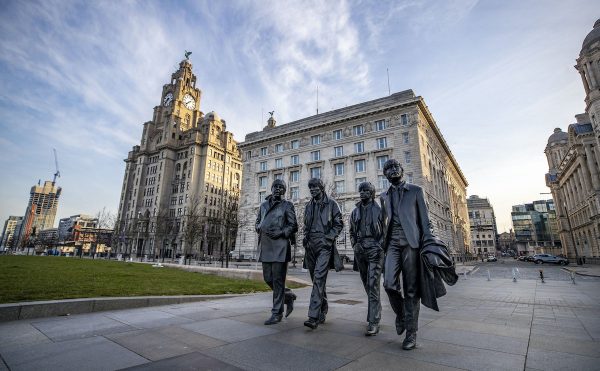
Liverpool is a city whose attitude has long found an outlet in its vibrant music scene. With Mathew Street being the epicentre of the Swinging Sixties and Shankly’s boys bringing sporting pride and glory, the twin obsessions with football and music have permeated its social fabric ever since Lennon and McCartney became household names.
As well as being football editor of The Times, Evans was trumpeter in The Farm, whose founder and singer Peter Hooton also founded seminal football fanzine The End in 1981, which evolved out of punk’s DIY, anti-establishment ethos.
Football and music share a power to bind a community and express its identity.
Evans’ 2022 thriller Good Guys Lost is based on his experiences growing up, of which he has said, “It wasn’t brilliant in the sense that there were loads of flaws in [society], but the other side of it was I grew up in a community where there was a sense of community.”
Evans’ narrative revolves around the local music scene. Contemporaries of The Farm include Half Man Half Biscuit, The La’s, The Lightning Seeds… In Evans’ words, “You look at the bands of the time, they were amazing.”
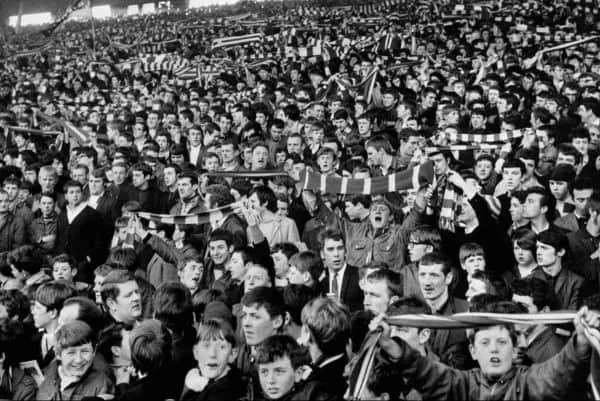
While Thatcher was taking a wrecking ball to cities across the north, Scousers found a balm in Frankie Goes to Hollywood racking up number ones and Liverpool FC racking up league titles. With lesser teams like Chelsea and Leeds using cup success as an excuse to take to the studio to record rival anthems to ‘You’ll Never Walk Alone’, it was inevitable that Liverpool’s football and music scenes would again coalesce.
The Anfield Rap
The resulting ‘Anfield Rap (Red Machine in Full Effect)’ is not a classic on the scale of Rodgers and Hammerstein but it stands up pretty well against most football singles, a genre in which it has attained cult status.
Yes, the hip-hop stylings are a bit iffy, but South Africa-born midfielder Craig Johnston (who co-wrote along with Paul Gainford, rapper Derek B and Ian Hoxley of Gaye Bykers on Acid fame) beat Vanilla Ice to the punch by appropriating the sound of Black America; in 1988, the sampled Eric B & Rakim and LL Cool J remained very much on the margins of UK pop culture.
‘Anfield Rap’ is also unusual among football records in having that distinctly Liverpudlian feature: a social conscience. The songwriters could have been channelling Willy Russell with the following lyrics about Kingston-born but London-bred wing wizard John Barnes:
How’s he doing the Jamaica rap?
He’s from just south of the Watford Gap
He gives us stick about the north-south divide
Cause they got the jobs
Yeah, but we got the side
An astute commentary on social inequality delivered with trademark Scouse wit but packaged as bubblegum pop… the Barnes-fronted ‘World in Motion’ from two years later may be sonically superior but it’s not, despite its critical reputation, as coolly subversive!
Speaking of a world in motion, Liverpool’s close-knit community is frequently mistaken for insularity, when nothing could be further from the truth; its geographical situation makes it a conduit for the transatlantic transmission of ideas as well as goods.
Nowhere was this more evident than in music, with The Beatles in part inspired by the sound of American youth, experienced through the latest 7” imports, and Gerry and his Pacemakers recycling a Broadway show tune.
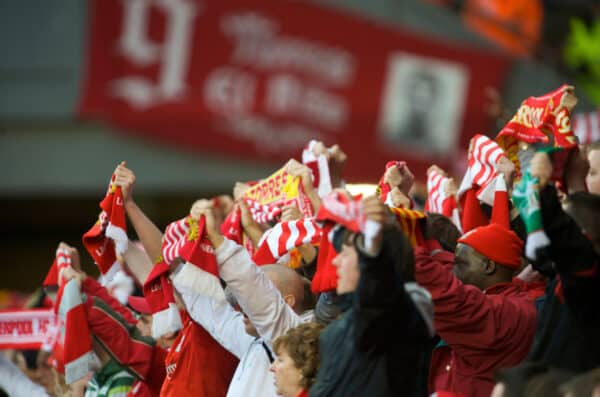
‘You’ll Never Walk Alone’ connected because it spoke to Liverpool’s embattled soul. That and the fact that it was a Merseybeat chart-topper conveniently coinciding with Liverpool topping the league and therefore instilling a swell of pride that had been suppressed by post-empire decline.
However, it was during the Eighties depression, exacerbated by the Heysel and Hillsborough tragedies, that the lyrical themes of resilience and unity really came into their own.
Kenny Dalglish has opined that the song was ‘emotive for many reasons, football was one of them, but not the most important one.’ That it could be heard on both sides of Stanley Park during the vigils that followed Hillsborough is testament to its unifying power.
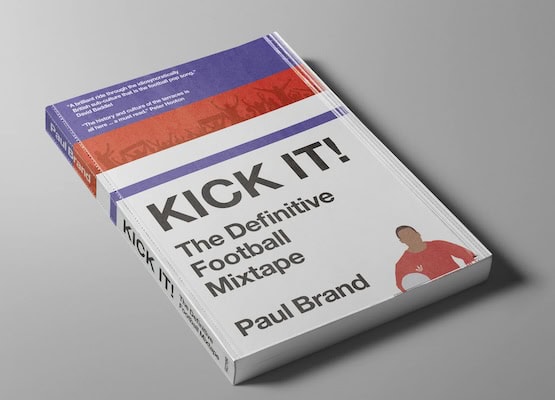 Kick It! The Definitive Football Mixtape, recently published by Halcyon, explores the cross-pollination of the football and music industries through a range of club anthems and international hits, but none is as significant as ‘You’ll Never Walk Alone’.
Kick It! The Definitive Football Mixtape, recently published by Halcyon, explores the cross-pollination of the football and music industries through a range of club anthems and international hits, but none is as significant as ‘You’ll Never Walk Alone’.
Indeed, why should Liverpudlians rise for the national anthem when they have their own song to sing…?
You can follow the author, Paul, on X: @chesterhammers

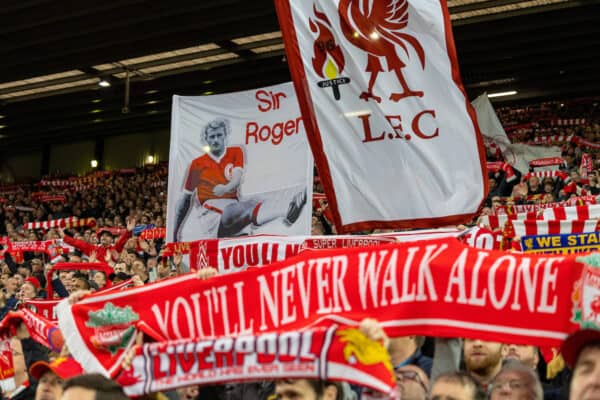
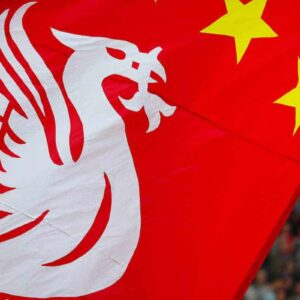
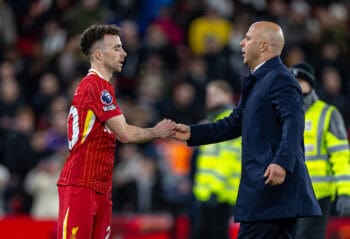
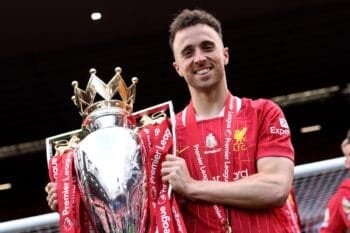

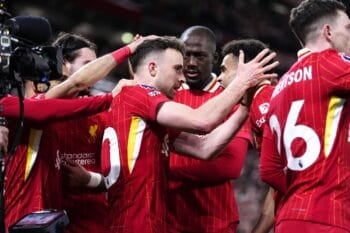
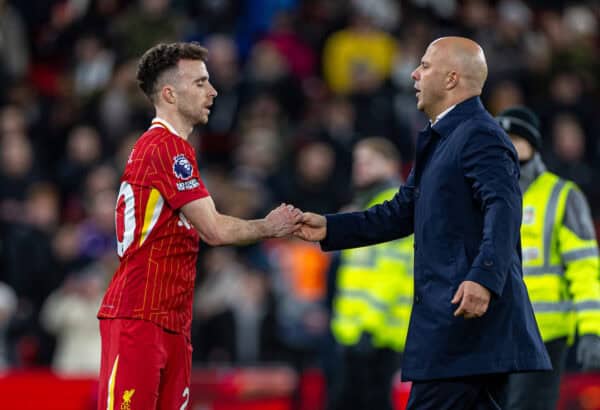
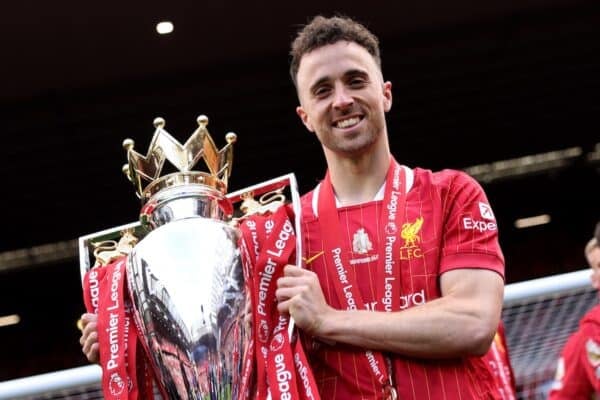
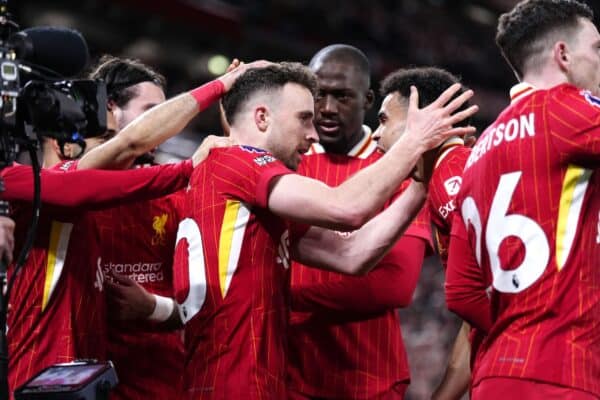
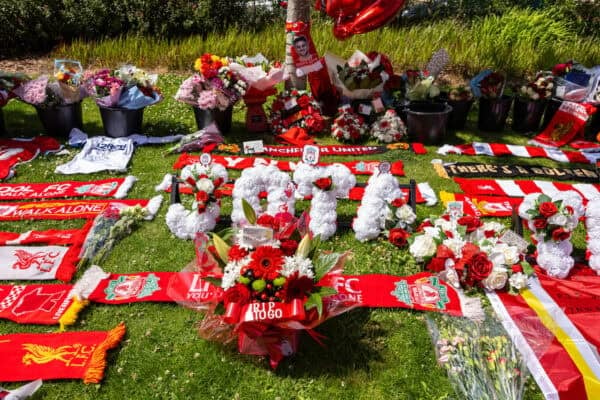

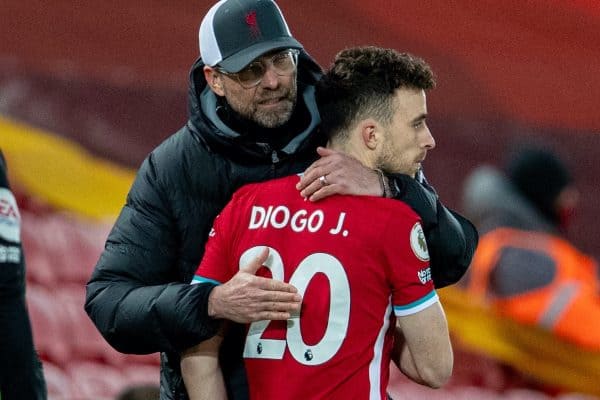

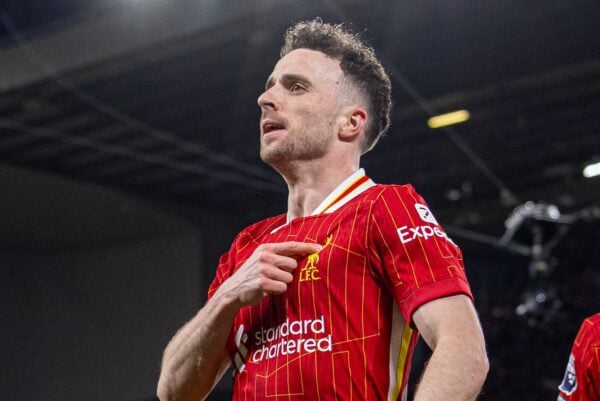

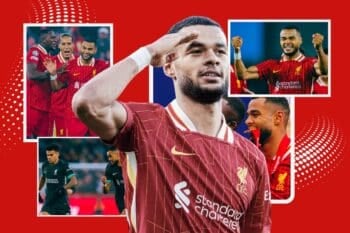

Fan Comments